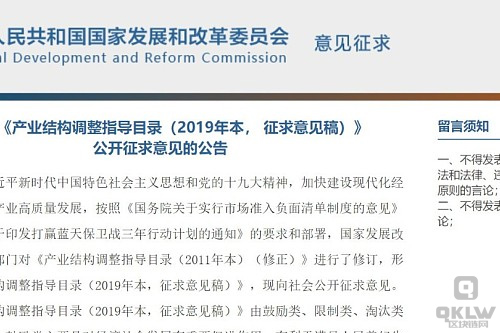Defi(Decentralized Finance)平台
-
去中心化金融(DeFi)是一套快速增长的金融协议和应用程序,建立在各种区块链网络之上。
DeFi平台旨在为人们提供更开放、安全和透明的金融工具和服务,为个人提供更大的财务和资产访问权和控制权。凭借其开放性,DeFi为用户提供了一个完全自主和无许可的金融系统,在区块链上提供了一种分布式金融应用程序网络,世界上任何地方的任何人都可以访问。作为一种金融技术,DeFi协议能够开发和部署金融服务,使用户能够在去中心化的金融空间中访问一系列资产、服务和机会。
这些服务范围从交易和衍生品到贷款发放、资产管理和保险。此外,许多DeFi协议为开发人员提供了一种使用去中心化智能合约构建自定义金融应用程序的方法,使开发人员能够针对特定用例自定义其应用程序。DeFi允许用户与各种资产进行交互,包括加密货币、股票、商品和其他金融工具,而无需第三方中介。
这对那些可能无法使用传统银行和金融系统的人来说是有益的。此外,DeFi协议还允许用户以对等方式与其他用户直接交互。这减少了对经纪人和托管人等昂贵中介服务的需求,从而实现了更具成本效益的金融互动系统。
DeFi协议还通过解决高费用和缺乏信贷等传统银行问题,帮助金融民主化。通过消除对中介机构的需求,用户现在可以用自己的钱访问银行服务,这反过来又增加了用户对金融产品的访问。
此外,DeFi平台利用去中心化账本技术,使用户能够安全透明地存储、监控其财务数据和资产,并与其他用户共享,从而减少了对保管人的需求,从而降低了用户的成本。最后,DeFi协议将允许传统银行和金融资源有限的人开立账户并获得各种服务,无论其位置和财务能力如何,从而有助于提高金融包容性。
这也有助于帮助弱势地区或新兴经济体的人们优化其财政资源和投资并使其多样化。
Decentralized finance (DeFi) is a rapidly growing set of financial protocols and applications that are built on top of various blockchain networks. DeFi platforms are designed to provide people with more open, secure, and transparent financial tools and services, facilitating individuals with greater access to, and control over, their finances and assets. With its open nature, DeFi offers users access to a completely autonomous and permissionless financial system, providing a network of distributed financial applications on the blockchain that are accessible by anyone, anywhere in the world. As a form of financial technology, DeFi protocols enable the development and deployment of financial services that enable users to access a range of assets, services, and opportunities within the decentralized financial space. These services range from trading and derivatives to loan origination, asset management, and insurance. Additionally, many DeFi protocols offer developers a way to build custom financial applications using decentralized smart contracts that enable developers to customize their applications for specific use cases. DeFi allows users to interact with a wide range of assets, including cryptocurrencies, stocks, commodities, and other financial instruments without the need for a third-party intermediary. This is beneficial for people who may not have access to traditional banking and financial systems. Furthermore, DeFi protocols also enable users to interact directly with other users in a peer-to-peer fashion. This reduces the need for costly intermediary services, such as brokers and custodians, allowing for a more cost-efficient system of financial interaction. DeFi protocols are also helping to democratize finance by tackling traditional banking problems such as high fees and lack of access to credit. By removing the need for intermediaries, users can now access banking services with their own money, and this in turn increases the access to financial products that are available to users. Additionally, DeFi platforms leverage decentralized ledger technology to enable users to securely and transparently store, monitor, and share their financial data and assets with other users, reducing the need for custodians, which reduces costs for users. Finally, DeFi protocols will help to increase financial inclusion by allowing people with limited access to traditional banking and financial resources to open accounts and access a variety of services regardless of location and financial ability. This could also assist in helping people in disadvantaged areas or in emerging economies to optimize and diversify their financial resources and investments.





 4278271
4278271 







